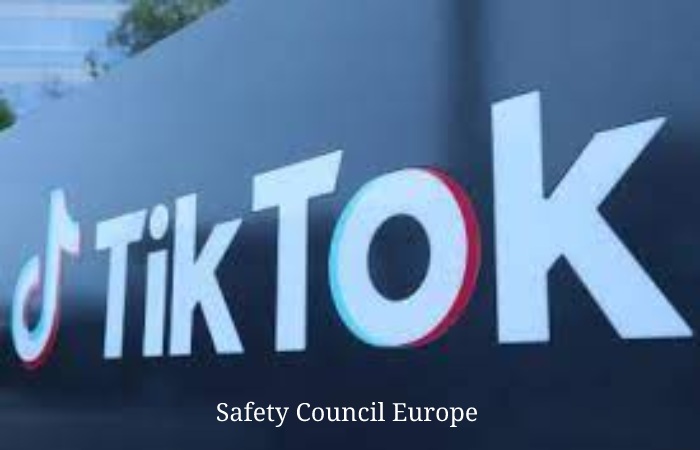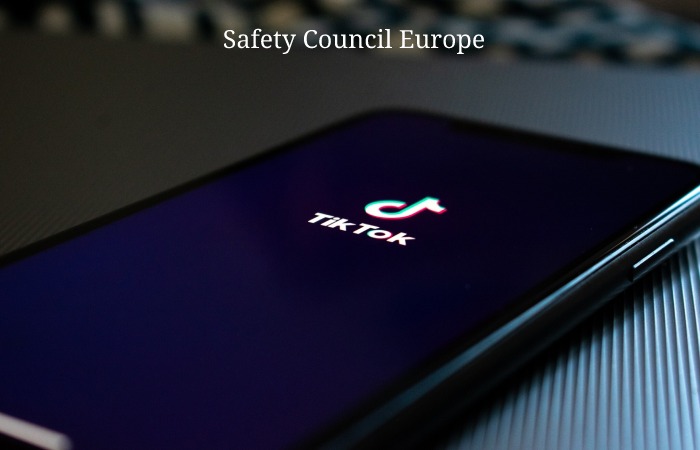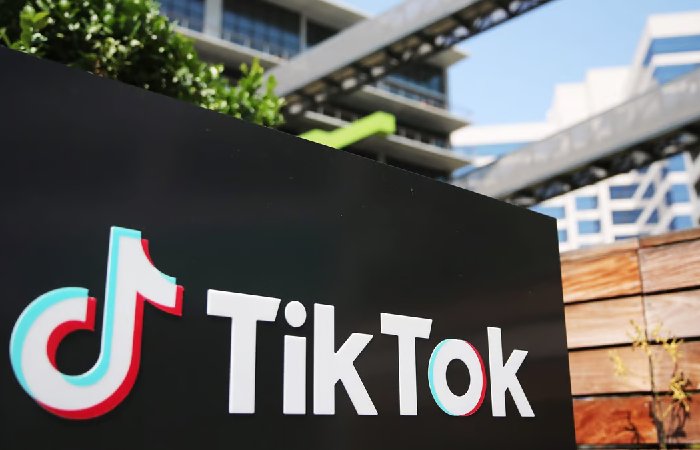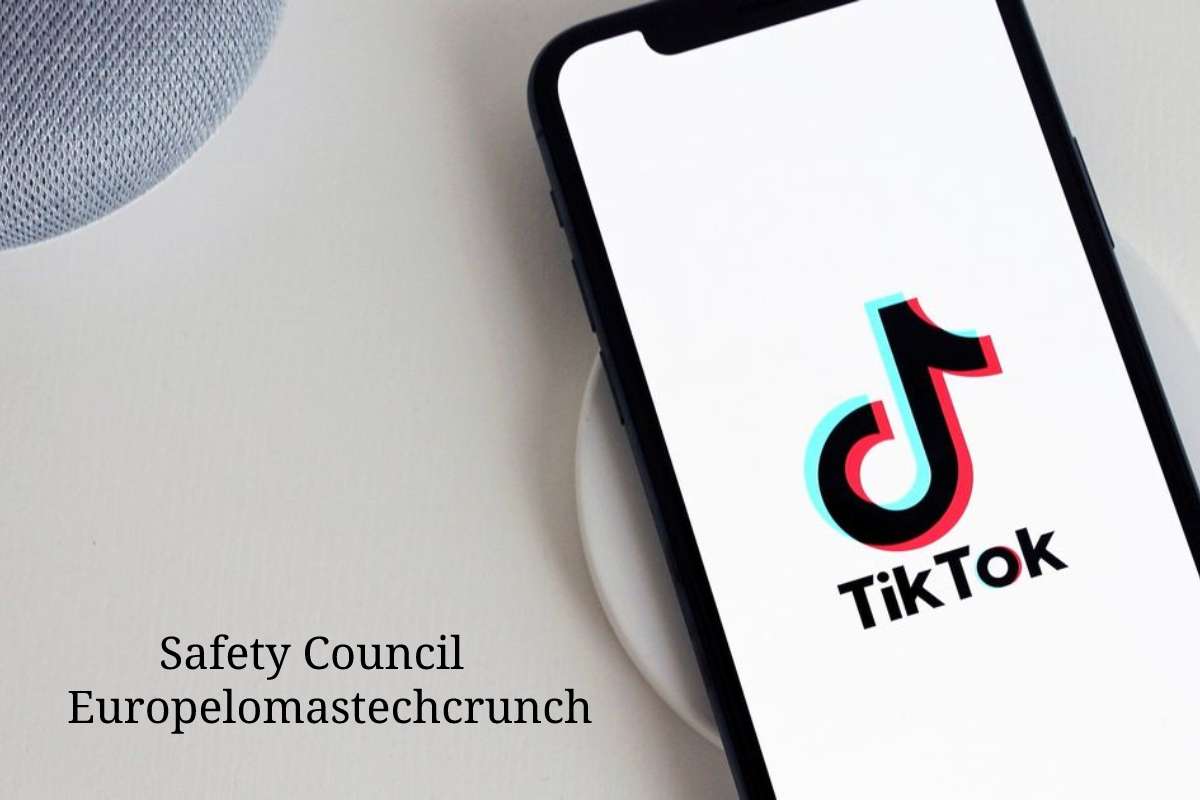Safety Council Europelomastechcrunch – Natasha Lomas spoke about Safety Council Europe on Techcrunch that Tiktok is trying to bring in Europe experts outside to form Safety Advisory Council for content leniency.
The move declared today follows an emergency intervention by Italy’s data protection regulator in January, which ordered TikTok to ban users whose age cannot be verified following the death of a girl. Local media reportedly died of asphyxiation after participating in a blackout challenge on the video policy.
The social media platform has also been selected by a series of correlated complaint from EU consumer protection authorities, which released two reports last month detailing a range of alleged breaches of data protection rules, including specific child safety concerns.
We are constantly reviewing our existing features and policies and innovate to take bold new steps to prioritize security,” TikTok wrote today, highlighting the need to improve security on its platform in the region.

What Is Safety Council Europelomastechcrunch?
Safety Council Europelomastechcrunch is the council that will bring together academic and civil society leaders from across Europe. Each member brings a fresh and different perspective on the challenges we face, and members will provide professional expertise while advising on our content moderation policies and practices. Not only will they assist us in developing forward-looking policies that address the challenges we face today, but they will also help us identify emerging issues that will impact TikTok and our community in the future.”
It is not the first such advisory body launch by TikTok. A year ago, it announced a US security advisory panel after it came under scrutiny by US lawmakers concerned about the spread of election misinformation and broader data security concerns, including allegations that the Chinese app is censoring for the will of the Chinese government.
However, the initial appointments of TikTok’s European Advisory Board on Content Moderation suggest that its regional focus may be more on child safety/adolescent mental health, extremism, and hate speech, reflecting some of the key areas where it is most underrepresented by European lawmakers and regulators magnifying glass was taken. And civil society so far.

Safety Council Europelomastechcrunch
TikTok has appointed nine people to its European Council (listed here): first with external expertise in anti-bullying, youth mental health, and digital parenting; sexual exploitation/abuse of minors online; extremism and de-radicalization; Anti-Bias/Discrimination and Hate Crimes – a cohort that will expand as more panelists are added (“coming from more countries and different areas of expertise to support us in the future”).
TikTok has also likely been keeping an eye out for new EU-wide regulations being rolled out for platforms operating in the region.
EU lawmakers recently tabled a legislative proposal aimed at making digital service providers more accountable for the content they distribute and monetize. The Digital Services Act, currently in draft and going through the blockade co-legislative process, will regulate how a variety of platforms must act to remove explicitly illegal content (such as hate speech and child sexual exploitation).
Safety Council

The Commission’s DSA proposal avoided establishing specific rules for platforms to address a wider range of harms – such as issues such as the mental health of young people – which, by contrast, the UK has included in its plan to regulate social media (i.e., how an online safety law is proposed to address). However, the proposed legislation aims to drive liability for digital services in various ways.
For example, it includes provisions that would require larger platforms – a category TikTok would most likely fall under – to share data with outside researchers so they can study the social impact of services. It is not difficult to imagine that such a determination would lead to intriguing (independent) research on the impact of attention-grabbing services on mental health. So the prospects are that the platforms’ data could end up leading to negative PR for their services, for example, if they are proven not to create a safe environment for the users.
Before this oversight system is put in place, platforms have increased incentives to increase their outreach to civil society in Europe, so they are better able to go where the puck goes.
Update: The European Consumer Association BEUC, which coordinated recent consumer and privacy complaints against TikTok, was asked for comment by the TikTok Advisory Board and sent us this statement, attributed to its Deputy DG, Ursula Pachl: “We can only encourage TikTok to encourage expert advice on how to better protect its users, especially children. However, TikTok’s primary concern should be to ensure that all measures are taken to comply with EU and national laws”.
As the Assembly of Heads of State and Government, the European Council is the main decision-making body in the EU. It meets to define strategic interests and objectives, including for the EU’s Common Foreign and Security Policy. However, foreign and security policy issues have so far tended to play a secondary role in European Council meetings.
A Security Council organized as an informal body in the margins of European Council meetings could remedy this. Its members would have the task of putting foreign and security policy issues on the Council’s agenda and drawing up opinions and recommendations on strategic issues in cooperation with the High Representative. The ESC could thus help to raise awareness of foreign and security policy decisions.

